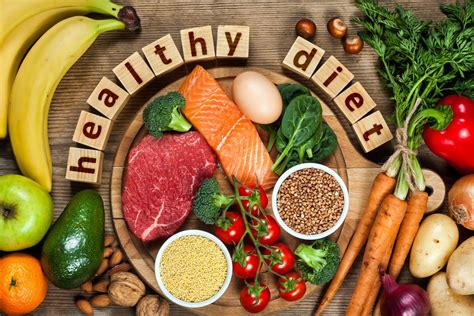As Nigerians struggle with the high inflationary trend particularly in food production, the citizens are finding it more and more difficult to afford balanced diet and also be able to take nutritious meals. This is as the latest SB Morgan report shows that preparing food for consumption at home puts it well above the earning power of the average family.
For instance, the SB Jollof Rice Index for September shows the average cost of making a pot of jollof rice has increased by 5.1 per cent to N21,300, up from N20,274 in June 2024.
The report also reveals a 25.63 per cent rise from N16,955 spent in the six months ending March 2024. The problem is that the development is making the new minimum wage look so very inconsequential. It is therefore not surprising that the Nigeria Labour Congress, NLC is already gearing up to agitate for a review of the minimum wage less than one year after the last review.
With the 2024 minimum wage at N70,000, Nigerians now spend an average of 30.8 percent of their income on meal preparation.
The report indicates Nigeria’s food inflation has remained high, averaging 39.53 percent in June and July 2024, slightly easing to 37.77 percent in September.
Despite minor adjustments, hyperinflation has worsened food insecurity, pushing prices out of reach for many and fueling public unrest.
The report notes, “The cost of preparing jollof rice, the average price of cooking a pot of jollof rice in Nigeria rose from ₦20,274 in June to ₦21,300 in September, marking a 5.1 per cent increase.
“Our previous Index highlighted how the prices of ingredients like tomatoes and peppers had surged by over 300% in June, and this only slightly relieved in July.
“By August, the national average cost of making a pot of jollof rice rose by an additional N390 and increased further by N1,181 in September.”
While the cost of tomatoes and peppers dropped from over ₦100,000 to between ₦18,000 and ₦30,000 in August and September, the report highlights continued rises in other staple foods, making it harder for families to meet basic dietary needs.
Protein sources remain costly, limiting balanced nutrition. The rising costs are attributed to high energy prices and insecurity. Electricity tariffs have surged over 300 percent since April, and cooking gas prices climbed from N14,200 in July to N16,500 in September.
That is aside from the challenges of transportation posed by the rising rate of petroleum products. For instance, petrol prices rose from N830.46 in August to N1,030 in September, increasing transportation and food storage costs and pushing food prices higher.
All this is compounded by the effects of climate change. The report adds that severe flooding, intensified by heavy rains and the Alan Dam collapse in Borno, affected 29 states, impacting over a million people, claiming 311 lives, and injuring more than 3,174.
This disaster, the report says, has deepened hardship in communities already facing inflation and limited resources.
The survey covers price trends across 13 Nigerian markets, noting varied changes, with some markets experiencing declines, others rising, or remaining stable.
The report notes, “Onitsha Market saw the largest price drop, while Awka and Lagos’ Trade Fair Market experienced slight decreases.
“In contrast, Nyanya Market in Abuja recorded the sharpest increase, driven by local supply chain disruptions and rising transportation costs.
“In terms of market trends, while Onitsha and Kano markets saw price declines of up to 13.2 per cent and 3.5 per cent, respectively, Abuja’s Nyanya Market recorded a sharp 29.5 per cent increase due to supply chain disruptions and rising transport costs.”
The report underscores that increases in community food-sharing and meal-skipping reflect the urgent need for lasting interventions.
To address the crisis, the report suggests resolving conflicts in farming regions, adopting mechanized agriculture, and strengthening local supply chains.

